Buy Zuvicin : Epirubicin 100 mg Injection Online
$47.23
Brand Name : Zuvicin
Composition : Epirubicin
Manufactured by : Zuventus Healthcare Ltd.
Strength : 100mg
Form : Injection
Packing : Pack of 1 Vial
Prescription Required *
Zuvicin is a brand of injection manufactured by Zuventus Healthcare Ltd. Each vial contains 100 mg of the active ingredient Epirubicin. It is available in a pack of one vial and requires a prescription from a qualified healthcare professional.
Uses:
Zuvicin is used in the treatment of various types of cancers, including breast cancer, lung cancer, and bladder cancer. Epirubicin slows or stops the growth of cancer cells in the body and prevents them from spreading to other parts of the body.
How to use:
Zuvicin injection should be administered by a healthcare professional who is trained in chemotherapy. The injection is given into a vein, usually in the arm. The dosage and duration of treatment depend on the type and stage of cancer being treated, as well as the patient’s overall health and response to the medication.
Storage Conditions:
Zuvicin injection should be stored in a cool, dry place, away from direct sunlight and heat. It should be kept out of the reach of children and pets.
Mechanism of action:
Epirubicin is a type of anthracycline chemotherapy drug that works by inhibiting the growth and division of cancer cells. It does this by interfering with the DNA of the cancer cells, which prevents them from multiplying and spreading.
Precautions:
Before using Zuvicin, it is important to inform your healthcare provider about any existing medical conditions, allergies, or medications you are taking. This medication may cause side effects such as nausea, vomiting, and hair loss. Patients who are undergoing chemotherapy may also experience a weakened immune system, which increases the risk of infection.
Contraindications:
Zuvicin is contraindicated in individuals who are allergic to Epirubicin or any of the other components of the medication. It should not be used by individuals with severe liver or kidney problems, heart problems, or those who are breastfeeding.
Drug Interactions:
Zuvicin can interact with other medications, therefore it is important to inform your healthcare provider about any medications, dietary supplements, or herbal preparations you are taking. Some examples of drugs that can interact with Zuvicin include cyclosporine, digoxin, and aspirin.
Overdose:
In case of an overdose, immediate medical attention should be sought. The symptoms of an overdose may include nausea, vomiting, and a weakened immune system.
Side Effects:
Zuvicin injection may cause some side effects such as nausea, vomiting, and hair loss. In some cases, it may cause severe side effects such as heart problems, allergic reactions, or damage to the liver or kidneys. Patients who experience severe side effects while using Zuvicin should seek medical attention immediately.
Be the first to review “Buy Zuvicin : Epirubicin 100 mg Injection Online” Cancel reply
Related products
Anti Cancer
Anti Cancer
Anti Cancer
Anti Cancer
Anti Cancer


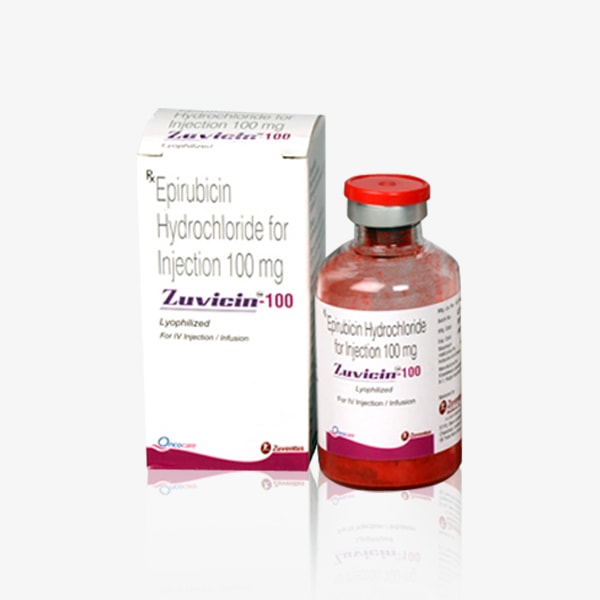
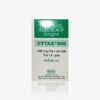



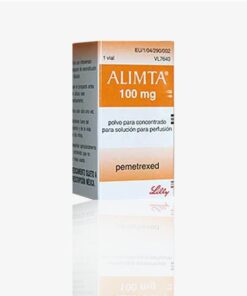
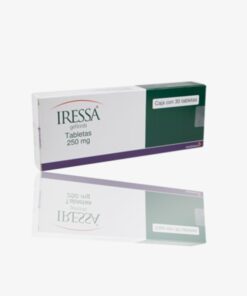


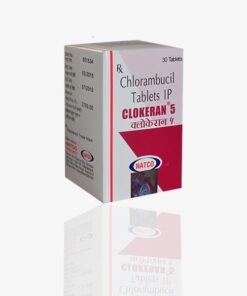
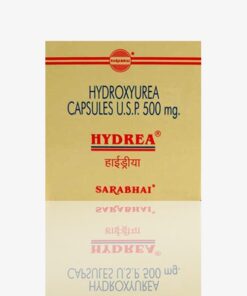
Reviews
There are no reviews yet.